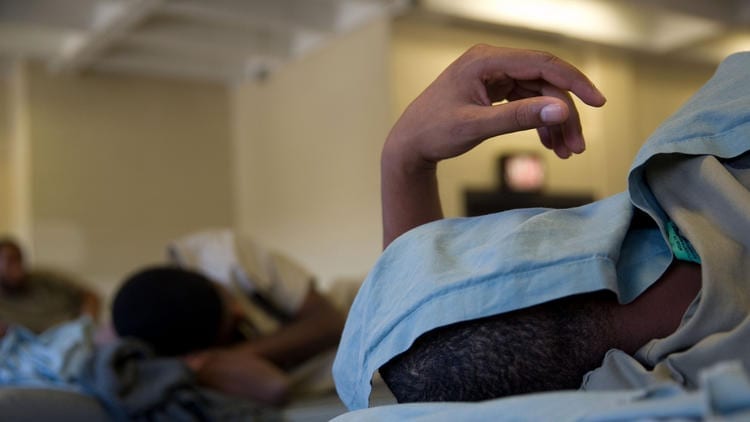Judge Jorge Alonso submitted a ruling on Friday, April 28th, in a lawsuit alleging inadequate medical and dental care for prisoners that was filed against Illinois Department of Corrections (IDOC).
Judge Jorge Alonso submitted a ruling on Friday, April 28th, in a lawsuit alleging inadequate medical and dental care for prisoners that was filed against Illinois Department of Corrections (IDOC), stating care is not up to par. The Department oversees nearly 50,000 inmates. The class action suit was filed in 2007 by lawyers for the American Civil Liberties Union of Illinois on behalf of the inmates who claim they were denied their basic minimal constitutional rights with regard to care.

Friday’s judgment may ensure that all inmates suffering from serious medical needs get their medical expenses covered. Under the settlement the IDOC is required to provide care for 11,000 prisoners with serious mental illnesses, and must hire approximately 300 new medical staff members to provide the needed care. They will make changes to two dozen facilities, and construct four new residential treatment units and hire 400 new security staff. This will allow for the release of many mentally ill prisoners from solitary confinement. The treatment centers will cost an estimated $40 million while the new employee costs are estimated at $40 million every year. Though costly, the changes will help to bring care up to par.
“The system of providing health care to prisoners in Illinois is broken and must be fixed,” said staff attorney Camille Bennett. “Until today, advocates looking to fix this broken system have been forced to seek redress for one person at a time. Allowing this action to move forward on behalf of the entire class of prisoners means that the solutions must be systemic.” According to the lawsuit, “Mentally ill inmates in IDOC facilities are chronically under-diagnosed and under-treated … subjected to brutality …, and housed in conditions that beggar imagination … mocked and abused by correctional staff, sprayed with caustic chemicals and derided for their illness.”

A 405-page 2015 report issued by court approved researchers following visits to eight Illinois prisons found care was not up to par, noting treatment delays, inadequate documentation and record keeping, and poor follow-up care among other important issues. The report concluded that the level of care may have caused some inmates to meet their demise. Researchers contend that the lives of these inmates could very well have been extended if they’d undergone proper treatment. Researchers reviewed records from a sample of 63 prisoner deaths over several years and said they found “significant lapses” in care in 60 percent of those cases. The report reads “the blatant disregard for this patient’s obvious symptoms … is stunning.”
The Department of Corrections argued the court approved research did not include the full picture of the “comprehensive medical system in place” in Illinois prisons, and that the sample was not representative of the system as a whole. Lawyers for the state opposed class action status. They argued that the inmates who sued received proper medical care and have stated there would be no “objective, administratively feasible way to determine which inmates have serious medical or dental needs” as the IDOC does not have a running list of inmates who would meet the criteria. The case is scheduled to move to federal court in Chicago next, on May 16.
Sources:
Judge OKs class-action suit over Illinois prison health care


Join the conversation!